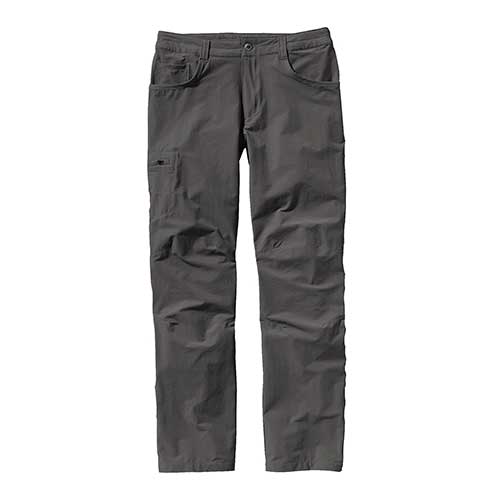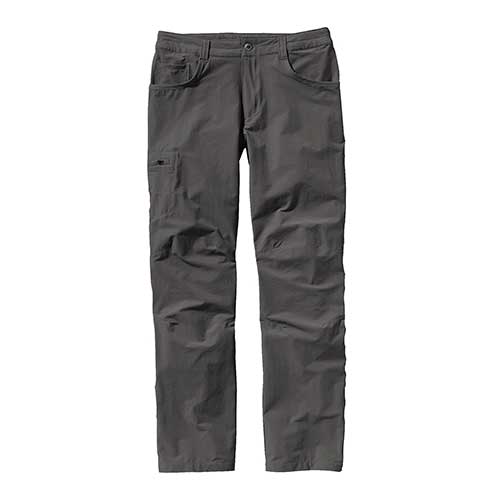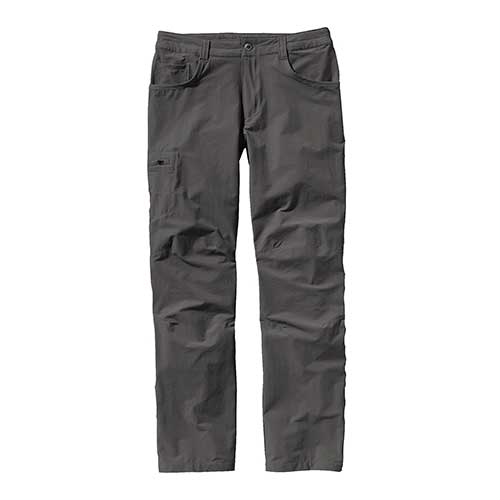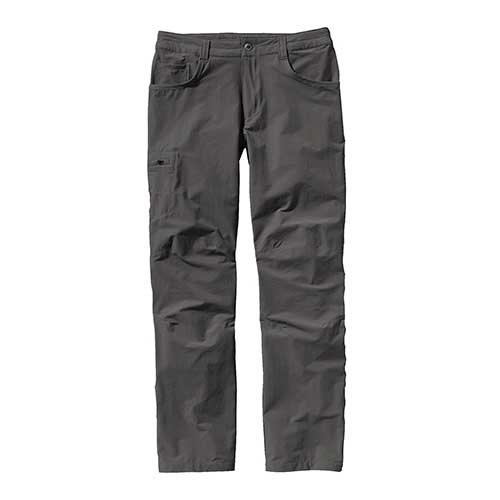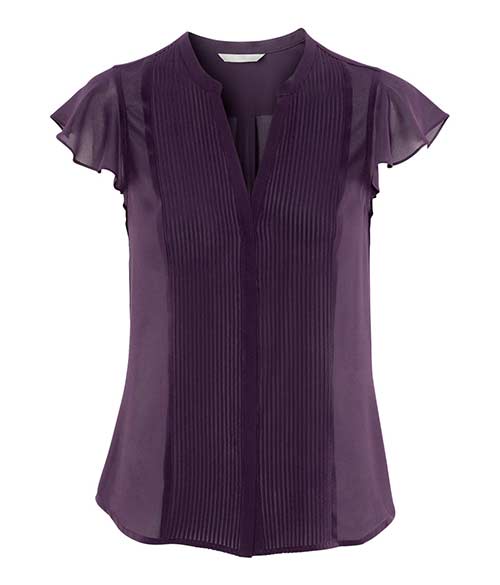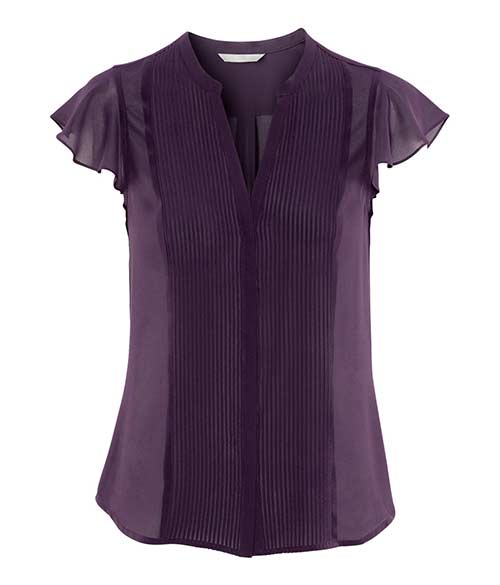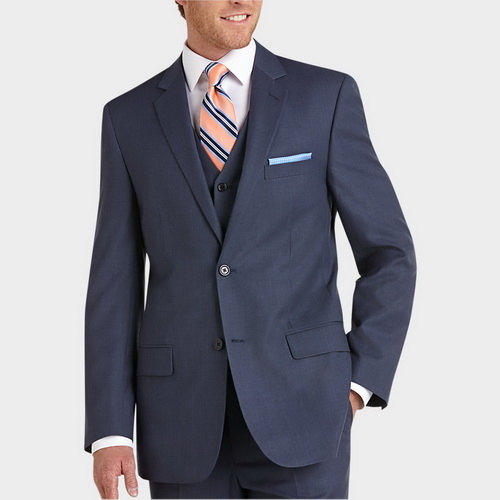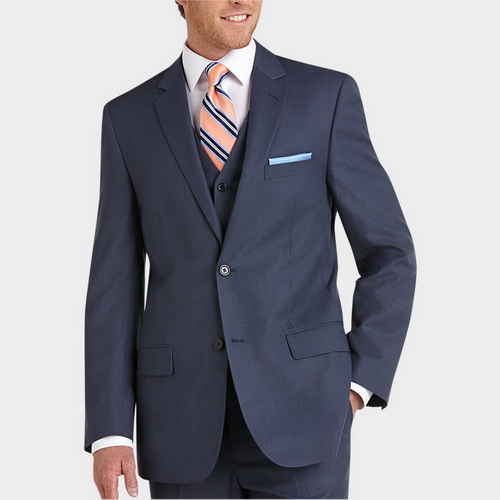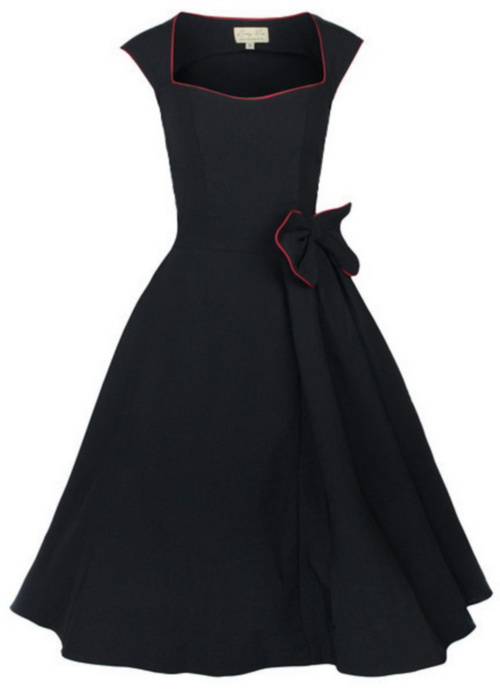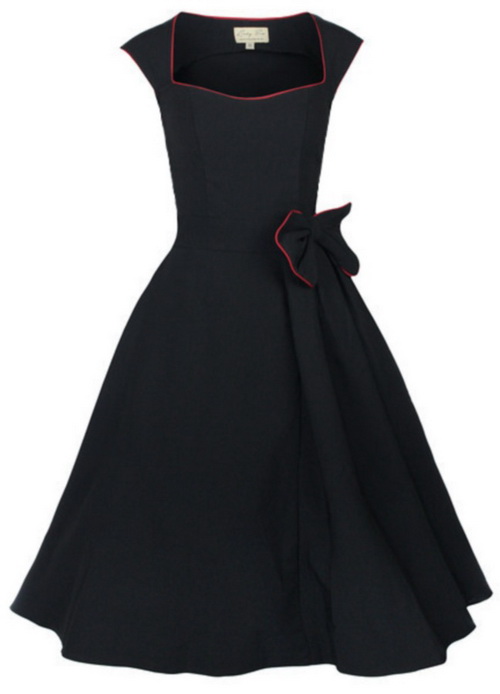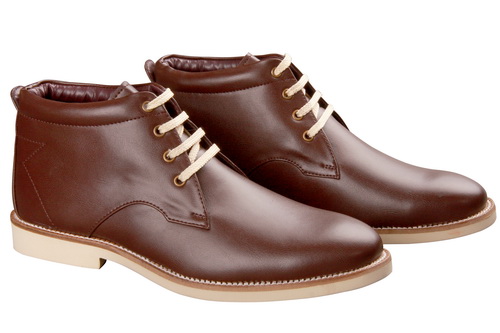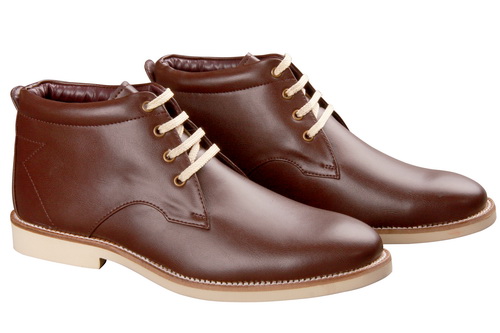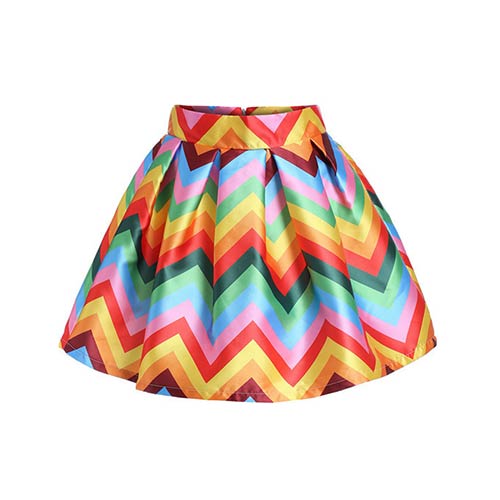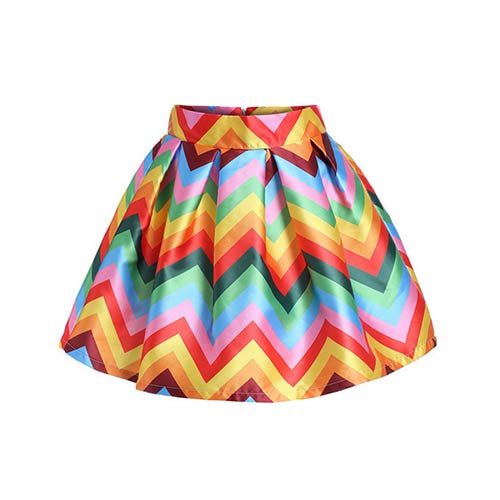Christmas
(the period just before and after) 25 December, a Christian holy day that celebrates the birth of Jesus Christ
کریسمس
We're going to my mother's for Christmas.
the period of time around December 25th, the day when Christians celebrate the birth of Christ
زاد روز حضرت عيسى (بيست و پنجم دسامبر)، كريسمس، عيد ميلاد مسيح
Happy Christmas!
کریسمس مبارک!
Oxford Essential Dictionary
Christmas
noun
the period of time around and including 25 December, when Christians remember the birth of Christ:
Merry Christmas!
Where are you spending Christmas this year?
culture
Christmas is a very important festival in Britain and the US. The day before Christmas Day is called Christmas Eve, and the day after is called Boxing Day. Many children believe that Father Christmas (also called Santa Claus) visits them at Christmas to bring presents. People send Christmas cards and give presents to their friends and family. Many people go to church at Christmas and sing carols. We put special trees (called Christmas trees) in our homes and decorate them with coloured lights and other pretty things. On Christmas Day we eat Christmas dinner, a special meal with roast turkey (= a large bird) and Christmas pudding (= a kind of cake made with dried fruit). Christmas is sometimes written informally as Xmas.
Longman Dictionary of Contemporary English
Christmas
Christ‧mas /ˈkrɪsməs/ BrE AmE noun [uncountable and countable]
[Language: Old English; Origin: Cristes mæsse 'Christ's ⇨ mass1(5)']
the period of time around December 25th, the day when Christians celebrate the birth of Christ
at Christmas
We’ll see you at Christmas.
over Christmas
I’ll be in Scotland over Christmas.
Are you going home for Christmas?
a Christmas present
the Christmas holidays
Merry Christmas and a happy New Year everyone!
• • •
COLLOCATIONS
■ adjectives
▪ Happy/Merry Christmas! (=something you say to people at Christmas) I just called in to say 'Happy Christmas'.
▪ a good/nice Christmas Did you have a good Christmas?
▪ a family Christmas We always have a family Christmas at home.
▪ a traditional Christmas Mum likes to have a traditional Christmas for all the family.
▪ a white Christmas (=with snow on the ground) We haven't had a white Christmas in England for years.
■ verbs
▪ have/spend Christmas No one wants to spend Christmas alone.
▪ celebrate Christmas How does your family usually celebrate Christmas?
▪ give somebody something for Christmas What can I give Dad for Christmas?
▪ get something for Christmas I got a new watch for Christmas.
▪ wish somebody a happy Christmas (=say that you hope someone enjoys Christmas) They wished us a happy Christmas and left.
■ Christmas + NOUN
▪ Christmas dinner/lunch (=a special meal on Christmas Day) All the family come to our house for Christmas dinner.
▪ a Christmas card She sends me a Christmas card every year.
▪ a Christmas present The children couldn't wait to open their Christmas presents.
▪ a Christmas tree (=a decorated tree that people have in their homes at Christmas) Put the gifts under the Christmas tree.
▪ a Christmas party (=a party held around Christmas) What are you wearing for the Christmas party?
▪ a Christmas carol (=a Christian song sung at Christmas) Children go from door to door singing Christmas carols.
▪ Christmas decorations (=things to decorate a house, shop, or town at Christmas) When do you put your Christmas decorations up?
▪ Christmas lights (=lights in the streets at Christmas, or on the Christmas tree) We went to see the Christmas lights in New York.
▪ Christmas shopping (=for presents for people) Have you done your Christmas shopping yet?
▪ the Christmas season/period (=the days around and including Christmas Day) Most stores need extra staff during the Christmas season.
▪ the Christmas holiday (=the time that people are not working during the Christmas period) We weren't at school because it was the Christmas holiday.
Oxford Advanced Learner's Dictionary
Christmas
Christ·mas [Christmas Christmases] [ˈkrɪsməs] [ˈkrɪsməs] noun uncountable, countable
1. (also ˌChristmas ˈDay) 25 December, the day when Christians celebrate the birth of Christ
• Christmas dinner/presents
see also Boxing Day
2. (also Christ·mas·time) the period that includes Christmas Day and the days close to it
• the Christmas holidays/vacation
• Are you spending Christmas with your family?
• Happy Christmas!
• Merry Christmas and a Happy New Year!
see also white Christmas
See also: Christmastime
Word Origin:
Old English Crīstes mæsse (see Christ, Mass).
Culture:
Before Christmas, in the UK and US, people send Christmas cards to their friends and family showing traditional Christmas symbols such as Santa Claus, angels, holly and snowmen. Shops are decorated for Christmas from September and in the weeks before Christmas people do their Christmas shopping, buying Christmas presents for friends and family. In schools in Britain at the end of the Christmas term children often sing carols, decorate Christingle oranges and perform a nativity play representing the birth of Christ, which parents are invited to watch. A few days before Christmas, families decorate a Christmas tree, a fir tree covered in lights and colourful decorations, in their home. Many people go to midnight mass in church on Christmas Eve. Young children believe that Santa Claus will bring them presents during the night and they usually wake up to find a stocking, a long sock filled with small presents, by their bed. Presents wrapped in coloured paper are put under the Christmas tree and on Christmas morning many families open their presents together. Families try to get together at Christmas and celebrate with special food. In Britain people eat mince pies and Christmas cake, and in the US they make Christmas cookies. They share a special meal, Christmas dinner, which in Britain usually consists of roast turkey or goose and vegetables, followed by Christmas pudding, a rich pudding made with dried fruit that is served with brandy burning on it and eaten with brandy butter. People pull paper crackers which make a loud bang and contain paper hats, jokes and small toys. On the day after Christmas, called Boxing Day in Britain, many sporting events take place, and large shops begin their sales.
Example Bank:
• Did you have a good Christmas?
• For Christmas he gave her a silk blouse.
• The children are hoping for a white Christmas= with snow on the ground.
• The library is closed over Christmas.
• There are lots of parties at Christmas.
• We're going to spend Christmas at home this year.
• We're going up to town to see the Christmas lights.
• What did you get for Christmas?
• to celebrate Christmas in the traditional way
Cambridge Advanced Learner's Dictionary
Christmas / ˈkrɪs.məs / noun [ C or U ]
(the period just before and after) 25 December, a Christian holy day that celebrates the birth of Jesus Christ:
We're going to my mother's for Christmas.
Happy Christmas!
We had a lovely Christmas.
the Christmas holidays
Collins COBUILD Advanced Learner’s English Dictionary
Christmas
[krɪ̱sməs]
♦♦
Christmases
1) N-VAR: oft N n Christmas is a Christian festival when the birth of Jesus Christ is celebrated. Christmas is celebrated on the 25th of December.
The day after Christmas is generally a busy one for retailers...
Merry Christmas, Mom.
2) N-VAR: oft N n Christmas is the period of several days around and including Christmas Day.
During the Christmas holidays there's a tremendous amount of traffic between the Northeast and Florida...
He'll be in the hospital over Christmas, so we'll be spending our Christmas Day there.
Merriam-Webster's Advanced Learner's Dictionary
Christmas
Christ·mas /ˈkrɪsməs/ noun, pl -mas·es : a Christian holiday that is celebrated on December 25 in honor of the birth of Jesus Christ or the period of time that comes before and after this holiday
[noncount]
• We're spending Christmas with my parents.
[count]
• We had a very happy Christmas this year.
• I wish you all a merry Christmas.
- often used before another noun
• a Christmas present
• She finished her Christmas shopping.
• What are you serving for Christmas dinner?
• the rush of the Christmas season [=the time of year when people are getting ready for Christmas]

